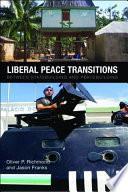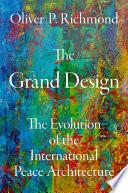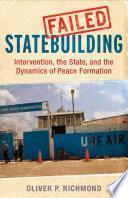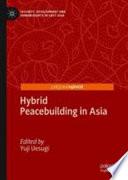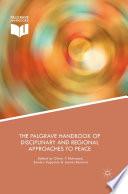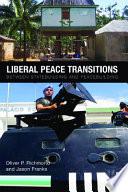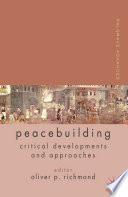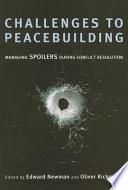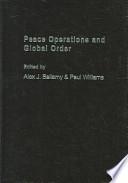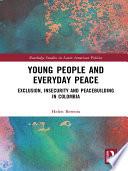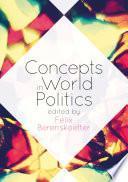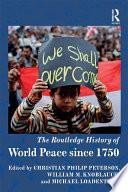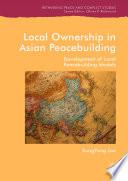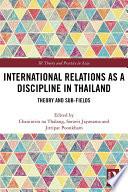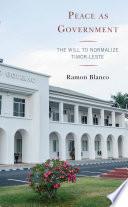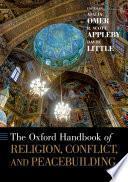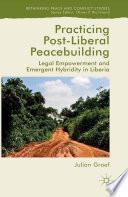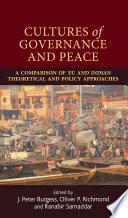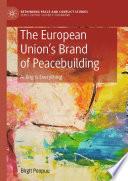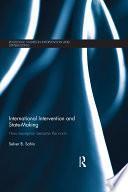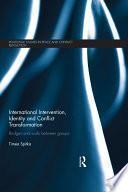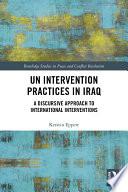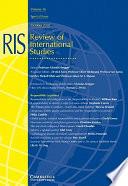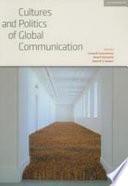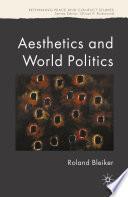
A Post-Liberal Peace
Author: Oliver Richmond
Number of pages: 288This book examines how the liberal peace experiment of the post-Cold War environment has failed to connect with its target populations, which have instead set about transforming it according to their own local requirements. Liberal peacebuilding has caused a range of unintended consequences. These emerge from the liberal peace’s internal contradictions, from its claim to offer a universal normative and epistemological basis for peace, and to offer a technology and process which can be applied to achieve it. When viewed from a range of contextual and local perspectives, these top-down and distant processes often appear to represent power rather than humanitarianism or emancipation. Yet, the liberal peace also offers a civil peace and emancipation. These tensions enable a range of hitherto little understood local and contextual peacebuilding agencies to emerge, which renegotiate both the local context and the liberal peace framework, leading to a local-liberal hybrid form of peace. This might be called a post-liberal peace. Such processes are examined in this book in a range of different cases of peacebuilding and statebuilding since the end of the Cold War. This book will be of...







